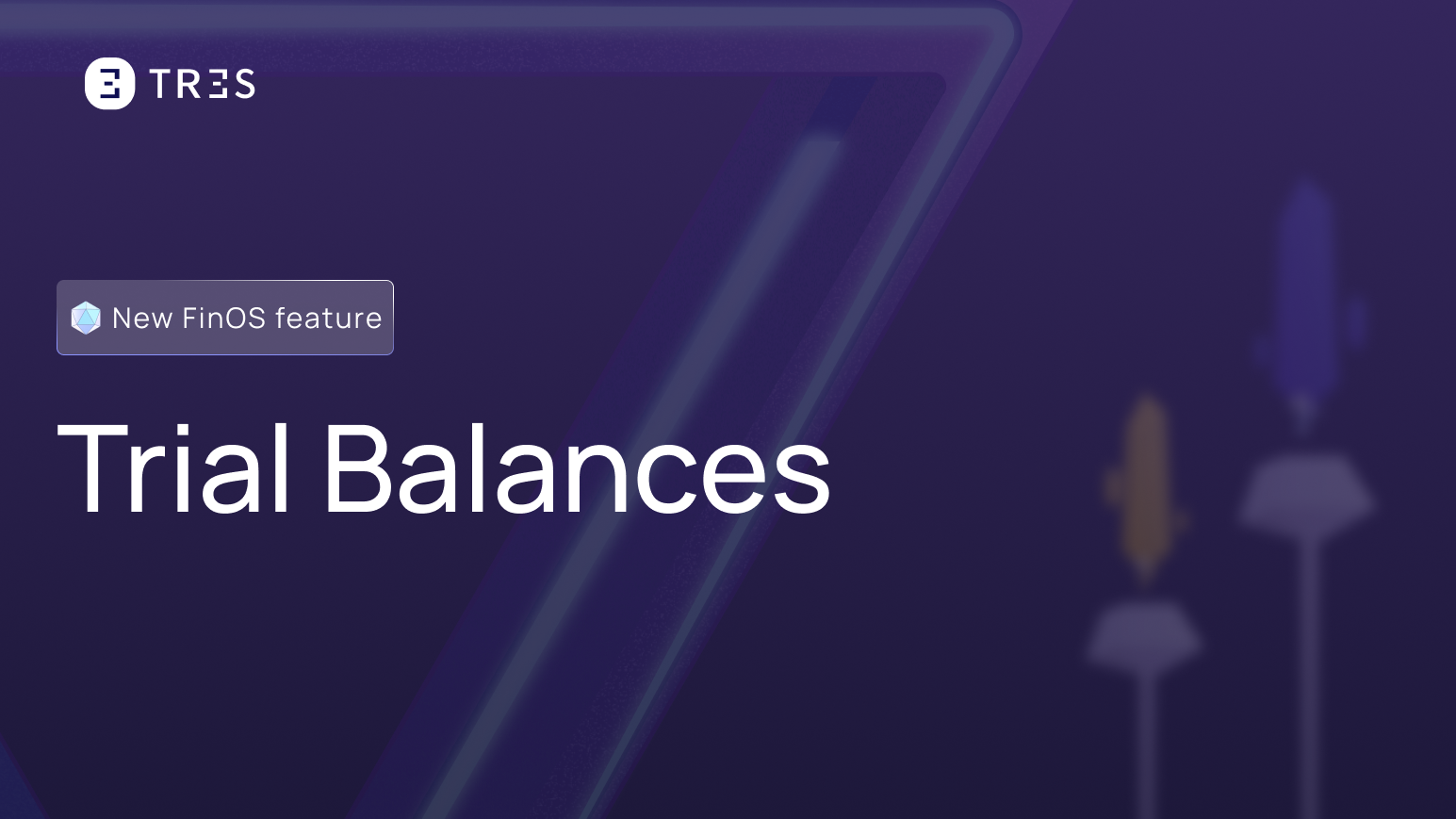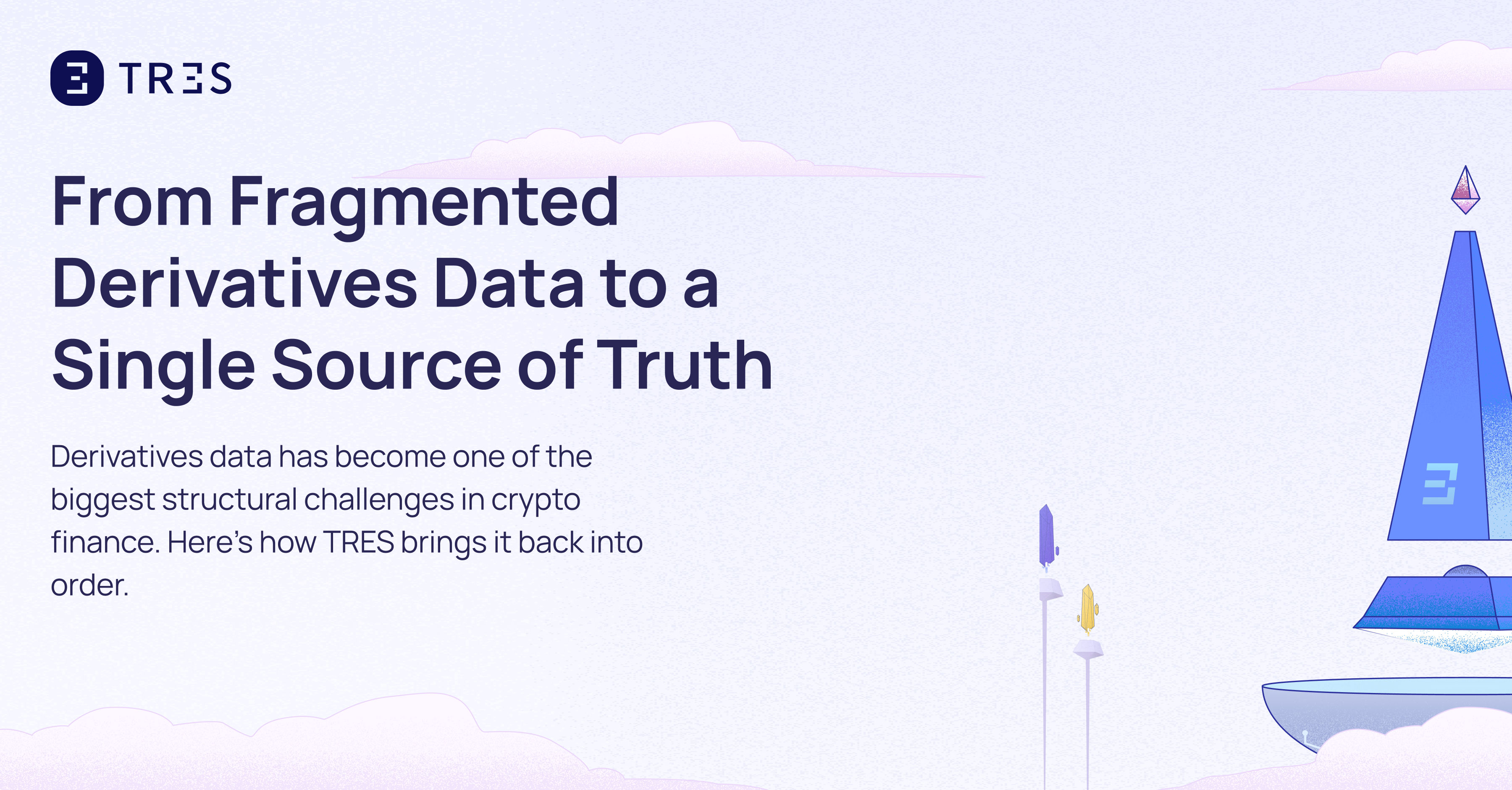
TL;DR
| Platform | Rating | Target Audience |
| TRES | 4.6/5 | TRES Finance is best suited for large enterprises, institutional investors, or crypto-native companies managing multi-chain holdings, requiring high auditability, broad asset coverage, and seamless integration with traditional financial systems. |
| Cryptio | 4.1/5 | Cryptio is best suited for regulated enterprises, asset managers, and large organizations prioritizing institutional-grade compliance, audit trails, and integration with traditional finance systems, particularly those with moderate DeFi exposure and strong need for audit-ready crypto data. |
| Bitwave | 4.0/5 | Enterprises with significant blockchain transaction volumes, complex digital asset operations, and a need for audit-grade, compliant crypto accounting integrated with traditional ERP and finance systems. Particularly well-suited for firms involved in DeFi, stablecoin workflows, and multi-blockchain activity. |
| Integral | 3.8/5 | Integral is best suited for enterprise finance teams that need to automate high-volume crypto accounting, maintain real-time asset visibility, and support evolving IFRS/GAAP compliance, but have limited or standard exposure to DeFi and staking activities. |
| Lukka | 3.7/5 | Lukka is ideal for medium-to-large crypto enterprises, institutional investors, and accounting firms needing robust, compliant, audit-ready crypto asset accounting and reporting across expansive portfolios, but whose operations are less reliant on advanced DeFi or staking analytics. |
Introduction
Few industries have evolved as rapidly—or demanded as much adaptability—as the world of digital assets. For enterprises managing cryptocurrency and blockchain-based transactions, keeping pace with complex accounting requirements is no longer an option—it’s a necessity. But with the surge in digital asset adoption comes a unique set of financial management challenges. How can organizations ensure compliance, data integrity, and operational agility while juggling an expanding universe of blockchains, exchanges, and custodians? This listicle examines the top crypto accounting software tailored for enterprises, empowering decision-makers to choose solutions that deliver confidence and control in a rapidly changing environment.
Digital Asset Accounting Software for Enterprises
Digital asset accounting software for enterprises refers to specialized platforms designed to manage, track, and report financial transactions involving cryptocurrencies and other digital assets at scale. These solutions automate tasks such as reconciliation across multiple blockchains and exchanges, ensure data quality, and integrate accounting standards into reporting. Unlike general ledger software, crypto accounting platforms address digital asset-specific complexities—including integration with decentralized finance (DeFi) protocols and staking activities—while often supporting regulatory and audit requirements unique to this asset class.
Why is this important?
Selecting the right crypto accounting software is essential for enterprises looking to navigate the financial, regulatory, and operational complexities of digital asset management.
Comprehensive Coverage: Ensures robust support for various blockchains, exchanges, and custodians, critical for tracking diverse portfolios and reducing manual workload.
Accurate Reconciliation & Data Quality: Enhances financial integrity by reconciling transactions automatically and supporting SOC certifications for audit readiness.
Standards Compliance: Facilitates adherence to IFRS and GAAP, simplifying regulatory reporting and ensuring transparent financial statements.
DeFi & Staking Integration: Provides visibility into decentralized finance activities and staking, mitigating risks of revenue misreporting and missed opportunities.
How are we going to objectively analyse the providers?
Coverage (Blockchains, Exchanges and Custodians)
Coverage refers to the range of blockchains, exchanges, and custodians supported by the software. Broad coverage ensures compatibility with various digital assets and service providers, which is crucial for enterprises with diverse portfolios. Assessing coverage helps users determine whether the software can aggregate all relevant data sources, reducing manual input and the risk of missing transactions, thus supporting accurate and comprehensive accounting processes.
Reconciliation, Data Quality & SOC Certifications
Reconciliation, data quality, and SOC certifications address the integrity and reliability of financial data processing. Effective reconciliation features ensure all transactions are accurately matched and discrepancies identified. High data quality minimizes errors, while SOC certifications demonstrate adherence to recognized security and operational standards. These factors help enterprises trust the validity of their financial records and ensure regulatory compliance.
IFRS, GAAP Compliance
IFRS and GAAP compliance evaluates whether the software aligns with international and US accounting standards. Compliance ensures that financial reporting meets legal and industry requirements, supporting transparency and comparability. This criterion is particularly important for enterprises that operate in multiple jurisdictions or are subject to audits, as it impacts how financial results are prepared and disclosed.
DeFi & Staking Data
DeFi and staking data support measures a software’s ability to ingest, process, and accurately report activity related to decentralized finance and staking. As these areas are rapidly evolving and often complex, strong capabilities here enable enterprises to capture all relevant revenue streams and obligations. This reduces manual reconciliation and helps maintain accurate, up-to-date books, especially for entities engaged in advanced crypto activities.

TRES Finance is an enterprise-focused crypto accounting platform offering unified financial management for digital asset holdings across a wide range of blockchains, exchanges, and custodians. It distinguishes itself with deep integration capabilities, audit-focused workflows, and a commitment to regulatory compliance, enabling businesses to streamline crypto accounting processes at scale.
Coverage (Blockchains, Exchanges and Custodians)
TRES Finance supports over 250 blockchains, major exchanges like Coinbase and Binance, and leading custodians, enabling comprehensive asset aggregation. It has the widest coverage in the market, enabling clients to manage all their digital assets operations in a single platform.
Reconciliation, Data Quality & SOC Certifications
TRES employs triple data verification, automated reconciliation, and maintains detailed, immutable audit trails. It meets SOC1, SOC2, and PCAOB compliance requirements, offering strong internal controls for enterprise clients. TRES is the world’s unique SOC-certified digital asset reconciliation.These credentials support enterprise trust, though optimal results may require expert platform configuration.
IFRS, GAAP Compliance
The platform enables automated profit/loss and cost basis calculation for IFRS and GAAP compliance, integrating with accounting platforms like Xero and NetSuite. Successful compliance depends on appropriate system configuration, usually taken care of by TRES’ CPA customer care team. Reviewers note that while compliance capabilities are robust, maximizing benefits typically requires a finance team familiar with digital asset accounting.
DeFi & Staking Data
TRES automates tracking for DeFi events and staking rewards on supported blockchains, normalizing this activity for enterprise accounting needs. It covers protocols across 200 chains for rewards, positions and smart-contract relationships.
Pros
• Extensive coverage with support for 250+ blockchains, major exchanges, and leading crypto custodians.
• Audit-ready, triple-verified reconciliation and SOC1, SOC2, and PCAOB compliance ensure strong regulatory standing.
• Integration with conventional ERP and accounting platforms enables smooth IFRS and GAAP-aligned financial reporting.
Cons
• Pricing isn’t clearly listed on the website or marketing materials. Potential customers must contact sales.
• No personal portfolio tracking available for individual investors.
Best for: TRES Finance is best suited for large enterprises and institutional investors managing multi-chain holdings, requiring high auditability under IFRS / GAAP requirements and seamless integration with traditional financial systems.
Score: 4.5/5

Cryptio is an accounting platform for digital assets that streamlines financial reporting and for digital asset businesses. The solution distinguishes itself through deep accounting knowledge and direction for the production of transparent financial records for institutional clients.
Coverage (Blockchains, Exchanges and Custodians)
Cryptio offers coverage of major blockchains, exchanges, and custodians, supporting API and direct integrations for institutional users. However, its support for on-chain DeFi protocols and a wide spectrum of emerging chains is less comprehensive compared to DeFi-first accounting platforms.
Reconciliation, Data Quality & SOC Certifications
The platform emphasizes audit-ready data quality, featuring internal controls, transaction validation checks, and up-to-date SOC 1 and SOC 2 (Type 1 & 2) certifications.
IFRS, GAAP Compliance
Cryptio provides IFRS and GAAP-compliant financial reporting out-of-the-box, with automated cost basis, tax position tracking, and solid integration with mainstream ERP solutions. Reviewers note that while compliance capabilities are robust, maximizing benefits typically requires a finance team familiar with digital asset accounting.
DeFi & Staking Data
The software supports basic DeFi and staking data collection, including validator rewards and some on-chain activity, yet its direct protocol coverage and granularity are limited. Enterprises heavily involved in complex DeFi activities may find this aspect less comprehensive than with specialist rivals.
Pros
Comprehensive integration with major exchanges, custodians, and blockchains enhances institutional data aggregation.
• Strong emphasis on audit trails, data reconciliation, and SOC 1 & 2 certifications for enterprise-grade compliance and trust.
• Automated IFRS and GAAP-compliant reporting, including tax, cost basis, and streamlined ERP system integration.
Cons
• DeFi and staking protocol coverage is less extensive than DeFi-focused competitors, limiting complex on-chain reporting.
• Configurability may require advanced accounting expertise for optimal use, increasing initial setup time for large organizations.
• Emerging blockchain and protocol integrations may lag behind newer market entrants prioritizing DeFi and novel asset coverage.
• Reviewers mentioned data gap on non top blockchains are common
Best for: Cryptio is best suited for regulated enterprises, asset managers, and large organizations prioritizing institutional-grade compliance, audit trails, and integration with traditional finance systems, particularly those with moderate DeFi exposure and strong need for audit-ready crypto data.
Score: 4.1/5
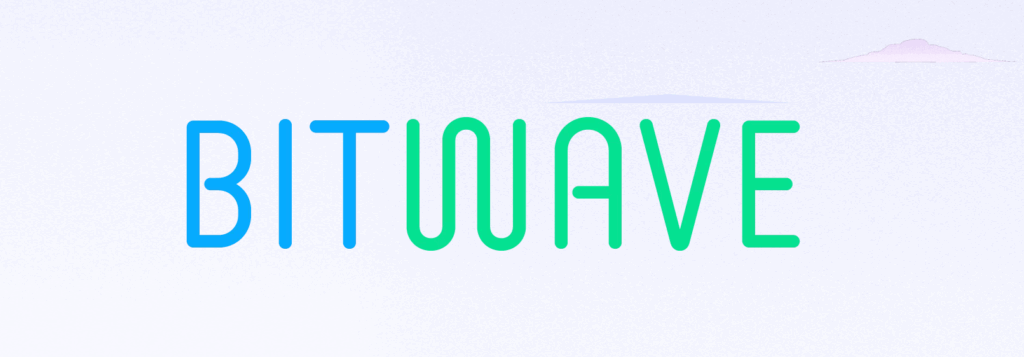
Bitwave is a specialized platform providing accounting, tax, and compliance solutions for organizations managing digital assets. Focused on crypto companies, it differentiates itself through deep blockchain integrations and automation tailored for complex Web3 financial workflows.
Coverage (Blockchains, Exchanges and Custodians)
Bitwave supports a wide range of blockchains, including recent integration with Stellar, and offers compatibility with major exchanges and custodians such as Circle, Coinbase, and Fireblocks. ERP integrations with NetSuite, QuickBooks, Xero, and others enhance its enterprise coverage. Some niche blockchains and smaller custodians are less represented.
Reconciliation, Data Quality & SOC Certifications
The platform offers automated reconciliation workflows, data validation tools, and audit-friendly processes recognized by SOC 1 Type 2 and SOC 2 Type 2 certifications. Its features—such as invoice matching and allow-listed address controls—bolster data integrity and process reliability. Frequent updates show continuous improvement, but full automation for edge-case scenarios may require manual review.
IFRS, GAAP Compliance
Bitwave delivers GAAP and IFRS-compliant reporting, supporting lot-by-lot tracking, derivatives accounting, and digital asset subledgering. Audit-ready outputs and real-world enterprise deployments attest to its compliance rigor. However, nuanced regulatory changes may necessitate supplementary oversight from experienced finance teams.
DeFi & Staking Data
Enterprise-grade DeFi and staking data capture is built-in, supporting complex financial activities like staking rewards and DeFi transactions. Scalable workflows support growing DeFi engagement, yet coverage depth may vary for emerging protocols or rapidly evolving DeFi products.
Pros
• Coverage of 20 blockchain, exchange, and custodian coverage, including recent Stellar integration.
• Certified for SOC 1 and SOC 2 compliance.
Cons
• Limited support for some minor blockchains and custodians may necessitate custom workarounds.
• Complex or non-standard reconciliation scenarios might still require manual intervention or setup.
• Staying current with all regulatory nuances and newest DeFi protocols may require active monitoring by finance teams.
• Reviewers said that team responsiveness is low and takes a long time to solve platform issues
Best for: Companies looking for a low-price solution with little interest in data quality. Particularly well-suited for firms with huge transaction volumes on stablecoins.
Score: 4.0/5
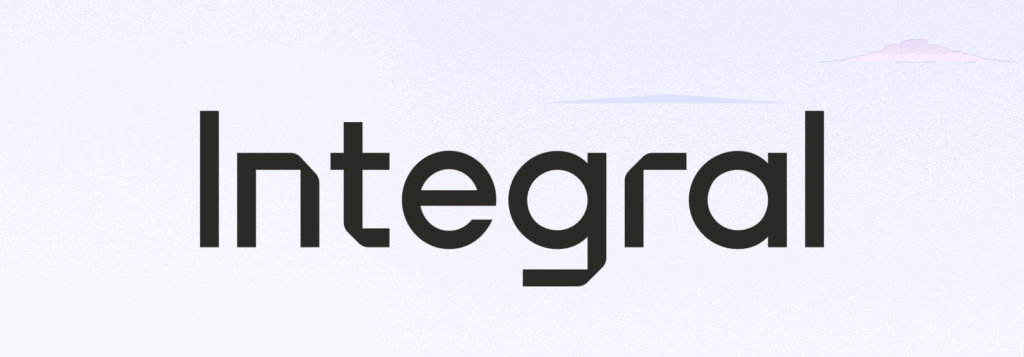
Integral is an SME focused crypto accounting software designed to automate bookkeeping, provide real-time treasury insights, and support compliance needs. Its platform is known for offering adaptable to the needs of small crypto companies.
Coverage (Blockchains, Exchanges and Custodians)
Integral consolidates assets from multiple blockchains, exchanges, wallets, and custodians. While it supports a broad range of asset types, the full list of supported integrations is not published, which may require direct validation for enterprise requirements.
Reconciliation, Data Quality & SOC Certifications
The platform offers automated transaction classification, spam filtering, and unified ledgers to boost data quality and audit readiness. However, there is no public evidence of SOC certifications, which may be a drawback for firms with strict audit or assurance needs.
IFRS, GAAP Compliance
Integral allows customizable accounting policies to align with IFRS and GAAP standards, supporting audit trails for compliance. While the flexibility is strong, there are no explicit certifications or guarantees of formal adherence to these standards outlined in public resources.
DeFi & Staking Data
Integral’s support for DeFi and staking data appears limited, with primary focus on standard crypto transactions and NFTs. Enterprises with significant DeFi operations may find less functionality for capturing granular DeFi yield, staking rewards, or liquidity activities.
Pros
• Automated, scalable bookkeeping supports large, complex crypto transaction volumes efficiently.
• Customizable accounting policies offer strong compliance flexibility for enterprises following IFRS or GAAP.
• Unified and legible ledger data reduces manual effort and aids in achieving audit-ready records.
Cons
• Lack of transparent, detailed listing of all covered blockchains, exchanges, and custodians.
• No publicly stated SOC certifications, which may impact risk assurance for some enterprises.
• DeFi and staking data functionality is limited compared to platforms specializing in those transaction types.
Best for: Small to mid-sized crypto firms handling varied transactions but with limited DeFi or staking needs. It offers solid automation, IFRS/GAAP flexibility, and treasury insights, though the lack of SOC certifications, detailed integration lists, and deeper DeFi support may hold it back from top-tier status.
Score: 3.8/5
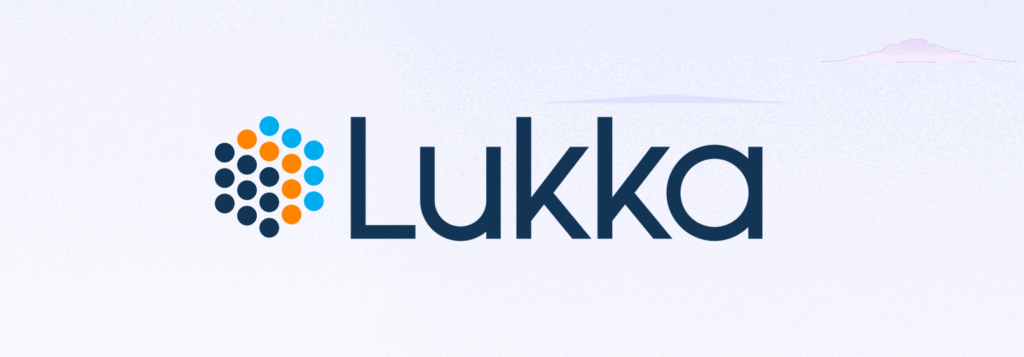
Lukka is a crypto accounting platform specializing in compliant data solutions for large organizations and financial institutions. Its key differentiators are robust internal controls, and alignment with global accounting standards.
Coverage (Blockchains, Exchanges and Custodians)
Lukka integrates with over 50 blockchains and exchanges, offering broad asset and venue coverage. While it includes support for major custodians, specific details on coverage for niche or emerging custodians and chains is limited.
Reconciliation, Data Quality & SOC Certifications
The platform features automated bulk reconciliation, audit trails, and proprietary data standardization processes. It holds AICPA SOC 1 Type II and SOC 2 Type II certifications, but limited ability to accurately match and verify transactions across platforms, leading to potential discrepancies in financial records
IFRS, GAAP Compliance
Lukka aligns with both IFRS and GAAP, providing compliant financial reporting and fair market valuations. Integrated tax form generation and broad jurisdictional support position it strongly for highly-regulated enterprises and accounting professionals.
DeFi & Staking Data
Lukka offers limited explicit support for complex DeFi and staking data. While broad blockchain transaction analytics could partially cover staking and DeFi, advanced or granular protocol-level tracking and integrations remain under-documented.
Pros
• Compliance credentials with SOC 1 & 2 certifications and reliable, standardized data workflows.
• Comprehensive support for IFRS/GAAP compliance and institutional tax reporting needs across jurisdictions.
Cons
• DeFi and staking protocol data support is basic and lacks depth for advanced enterprise use.
• Each blockchain network operates with different data structures and formats, creating inconsistencies in reporting and analysis
• Lacks a single integration point, forcing users to manage multiple APIs and data sources across different chains
• Limited ability to accurately match and verify transactions across platforms, leading to potential discrepancies in financial records
Best for: Lukka is ideal for medium-to-large crypto enterprises, institutional investors, and accounting firms needing robust, compliant, audit-ready crypto asset accounting and reporting across expansive portfolios, but whose operations are less reliant on advanced DeFi or staking analytics.
Score: 3.7/5
Interested in TRES?

